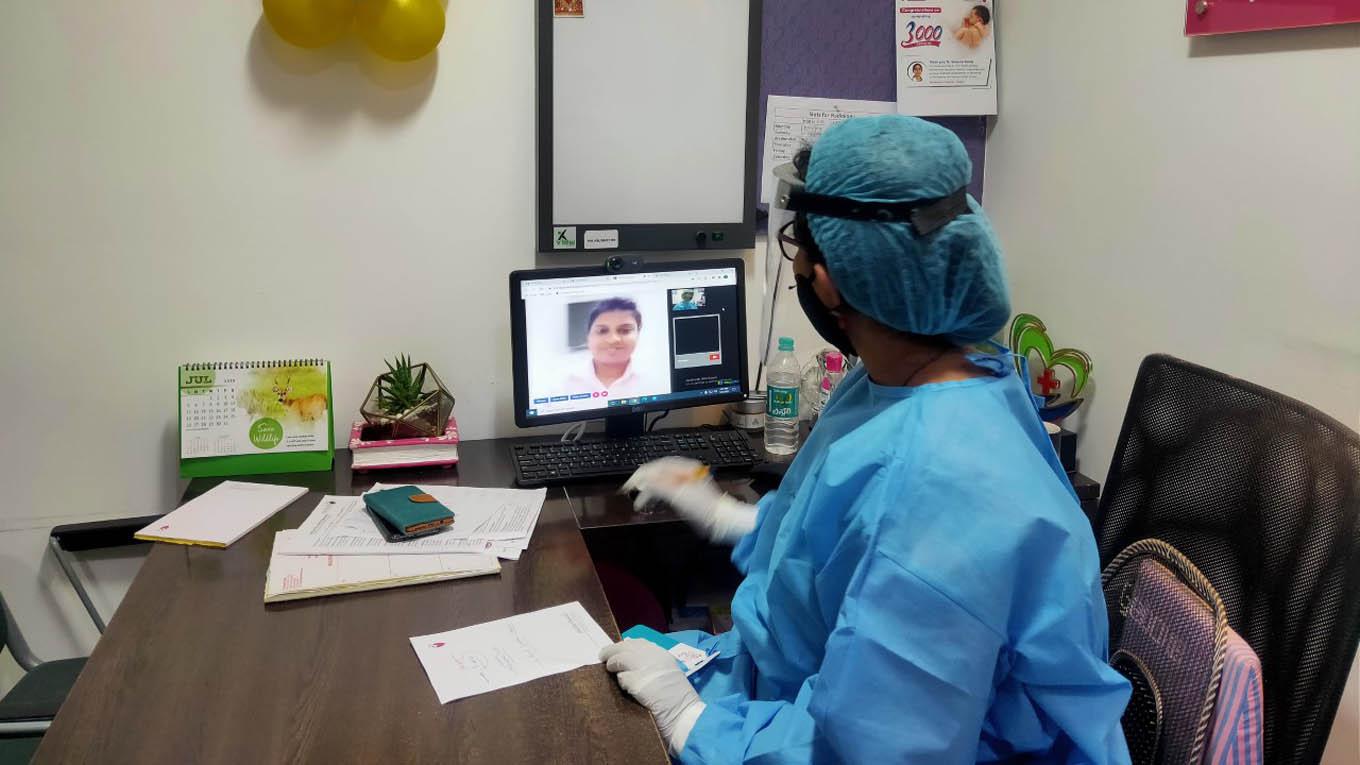-
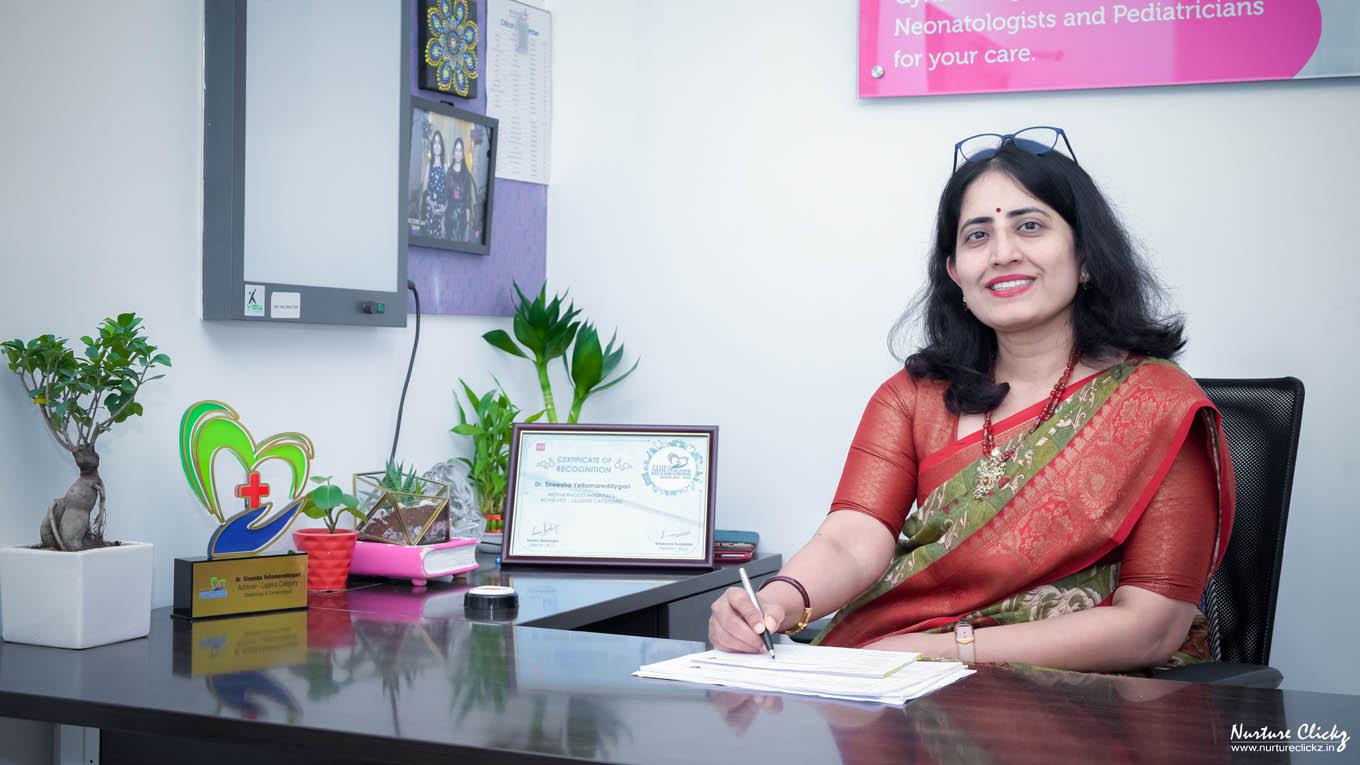
Reddy: video calls the way forward
Now, almost three months later, many doctors are willing to talk about their experiences, what worked for them and what didn’t. Numerous tales of how sick people and their families tackled immense difficulties and how other people came together to help, have started doing the rounds. Here are a few of those heart-warming stories:
A 62-year-old woman living in a Mumbai suburb was suffering from colicky abdominal pains that an earlier ultrasound examination revealed was due to gall bladder stones. She phoned her family physician who advised her to repeat the ultrasound examination but that took a couple of weeks because all the standalone diagnostic centres in the area were closed. When she was finally able to get it done, she sent the ultrasound report and the images to her doctor by WhatsApp and was told that she would need surgery. She has not yet managed to get the operation done, because it is classified as an ‘elective’ surgery, which very few hospitals are doing even now. But her need for proper medical advice was fulfilled without going to a doctor.
Another woman in the same suburb got an ultrasound examination after she developed a pain in her lower abdomen. Friends and acquaintances told her that she might have a cancerous tumour inside her. Luckily a doctor known to her family saw the ultrasound report on WhatsApp and told her that it was definitely not any form of cancer. Instead it was a fibroid which millions of women all over the world live with for many years. The family felt a sense of relief that was beyond belief.
-
Video calls made by prior appointment, conducted through dedicated lease lines of hospitals. Patients can access this facility through the hospital Website and they are given 10 minute slots, exactly like a personal consultation
Dr Sireesha Reddy, a senior gynaecologist with Motherhood Hospital, Bengaluru, talks about a young woman with whom she had conducted a video consultation in the early stages of the lockdown. “Her pregnancy was confirmed just three-four days previously but she was in tremendous pain,” Dr Reddy said. This made the doctor suspicious that something was seriously wrong with the young woman, who was then urged to rush to the hospital as soon as she could. When she reached the hospital, the medical team discovered that she had a tubal pregnancy, which had ruptured causing heavy internal bleeding. The undetected medical emergency could have snuffed out the young life within the same day, Dr Reddy added.
Onco on call
A patient in Kolkata wanted to consult a cancer specialist but his part of the city was under lockdown, because of which he could not go to the government hospital where he was being treated earlier. He decided to shift to another hospital while his treatment was going on and wanted to find out from an oncologist if this was a wise move. Someone advised him to contact www.onco.com, an online cancer platform offering cutting edge treatment advice and care management to cancer patients.
Onco.com immediately connected him to an experienced oncologist who studied his case and went through the pros and cons with him over the phone. The patient and his caregiver were both satisfied with this consultation and decided to go ahead with the move to a hospital of their choice. A simple phone call is all it took for them to decide their next course of action. They could now make an informed decision without loss of time or effort.
-
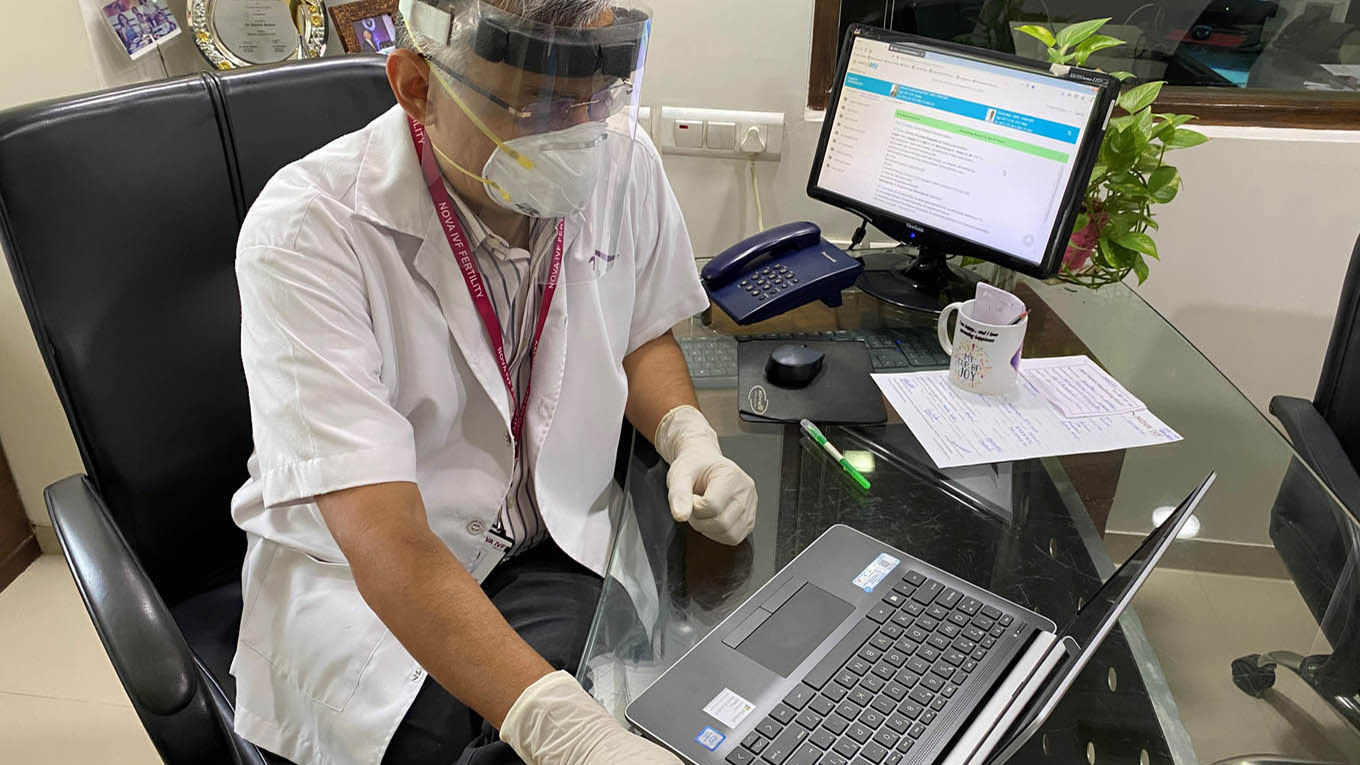
Banker: not for new patients
While the patient community has benefitted in many ways, the growth of telemedicine has brought welcome relief to the medical fraternity as well. Doctors in fact are involved in two sets of interactions – consultation with their patients and meeting with medical sales representatives (MSRs) of the numerous pharmaceutical companies of all sizes that crowd the pharma market in India.
It is the MSRs responsibility of each drug company to promote their own medicines, both new and old, and generate prescriptions of their products. This entire process was seriously hampered in the lockdown period because personal meetings were not allowed at all!
Medical professionals however consider the arrangement a mixed blessing, with plenty of unanswered questions, a lot of discomfort on both sides, and a general feeling of not being totally satisfied. Yet most doctors are learning to live with the system, rather than try to wish it away. Thus a good number of doctors felt quite willing to use tele consultation for the follow-up of a patient they had already seen before, or a patient who was recently back from hospital, say after surgery.
A few doctors like Dr Reddy have welcomed the idea of virtual consultation with open arms. She is a strong proponent of video calls made by prior appointment, conducted through dedicated lease lines operated by the Motherhood network of hospitals. Patients can access this facility through the hospital Website and they are given 10 minute slots, exactly like a personal consultation.
“This way, we can see the patient as well as speak with her and the family, visual inspection can yield a lot of information – how the patient sits or stands or walks, the facial expression, the location of any pain or other discomfort. This can provide almost 90 per cent of the information needed by the doctor,” says Dr Reddy.
-
Payments are a prickly issue, though at present almost 60 per cent are free. When the patients do pay, the money is adjusted against the next face-to-face consultation; most people assume that telephonic consultations are supposed to be free!
On the other hand, Dr Ashish Chaudhary, MD, Aakash Healthcare & Super Specialty Hospital, New Delhi, feels that tele medicine is most useful in patients who need a follow-up after an operation. “When the patient has left the hospital, we can even send a trained technician or nurse practitioner to the patient’s home if, let’s say, a dressing needs to be changed,” he says. One reason for this might be that being an orthopaedic surgeon, there is only so much that he can do over a phone line.
Effective technique
On the other hand, Dr Chaudhary says ophthalmologists find tele medicine techniques very effective because a lot of very sophisticated equipment has become available now. They can therefore conduct detailed examinations of the eye from a long distance.
To a certain extent, Dr Manish Banker, medical director, Nova IVF (which offers assisted reproduction services) and Dr Deepak Dewan, a kidney specialist with Regency Hospital, Lucknow, agree that tele-health works best for a patient that they have seen before.
“If the patient has come to me for the first time, I am not quite comfortable taking them up on the phone. The rapport in a face-to-face meeting is just not possible through a phone line,” Dr Dewan says. At times, he requests a local doctor to act as intermediary and help understand the patient’s condition.
Besides the physical appearance of patient having kidney disease can help the medical team to gather much useful information. In a similar way, Dr Banker also feels that a completely new patient is quite challenging in the virtual mode because the old reports may not be available, or even doubtful in authenticity.
Besides, payments are a prickly issue, he says, though at present almost 60 per cent are free. When the patients do pay, the money is adjusted against the next face-to-face consultation; most people assume that telephonic consultations are supposed to be free! The habit is changing slowly but will take some time, Dr Banker adds.
-
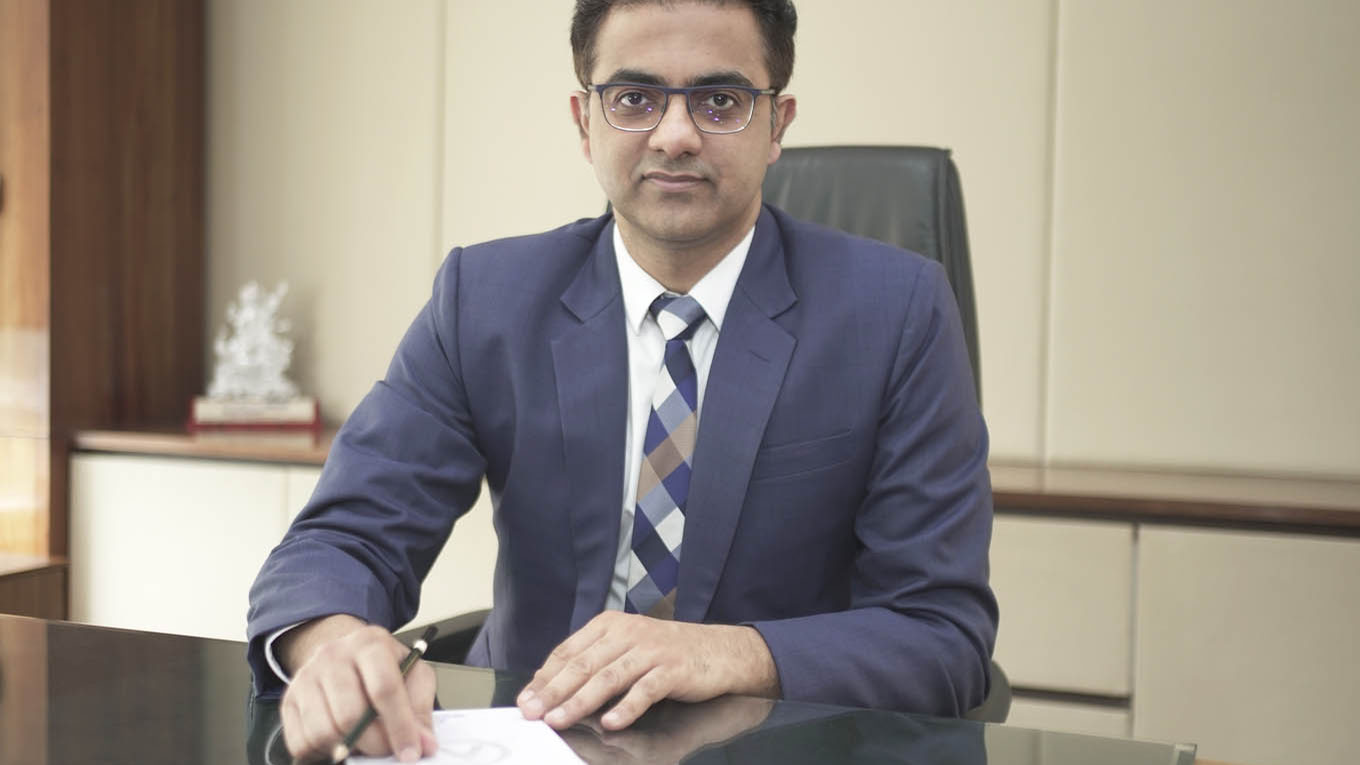
Chaudhary: better for a follow-up
The medical fraternity has also generally been quite reluctant to accept pharmaceutical promotion efforts conducted through a remote mechanism. This despite the fact that extensive travel restrictions and other rules have made it nearly impossible for medical sales representatives to meet prescribing doctors in person!
In the first week of June, Boston Consulting Group (BCG) and Indian Pharmaceutical Alliance (IPA) jointly released a report in which they described the attitude of physicians towards electronic modes of offering healthcare services. As part of the study, BCG surveyed 200 physicians for their opinion on this issue. The results indicated that 68 per cent prescribers would curtail physical visits by sales representatives after the lockdown lifted because safety issues will remain.
With restricted access becoming the new normal, 70 per cent prescribers were reportedly willing to continue engaging with healthcare companies through digital mediums and 60 per cent were inclined to continue virtual interactions with salespersons. Healthcare companies also need to leverage the emerging trend of a rise in e-pharmacies and tele-consultation platforms, along with adoption of digital in internal processes.
Contrary view
A contrary view came to the fore in a survey of healthcare practitioners published last month on www.MedicinMan.net. This revealed that only 27.3 per cent physicians were willing to accept a scenario where face-to-face meetings were stopped completely and all promotional activities were conducted remotely. Similarly about 26 per cent would agree if the MSRs were to stop personal meetings for 30 days and then reconsider their options.
-
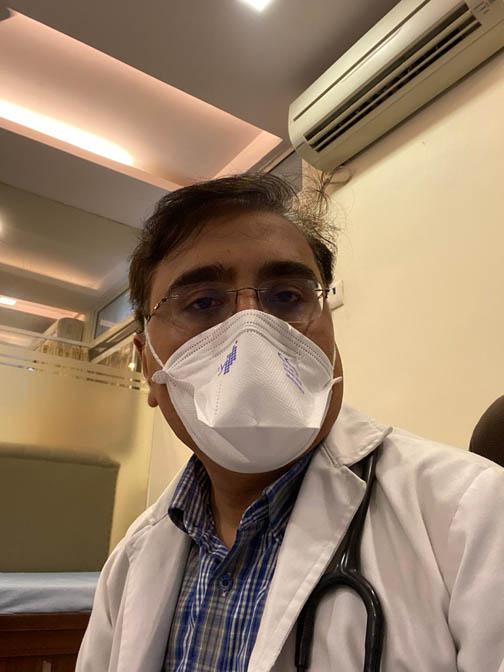
Bajaj: hosted free consults
The survey was part of an article titled Healthcare Marketing in the Covid-19 era. In the article, Dr Anup Soans, the author as well as editor of MedicinMan urged pharmaceutical and healthcare business leaders to also focus on ensuring that medicines are made available to patients who need them most. Some companies including GSK, Mankind Pharma and rpg Life Sciences have taken important steps in this regard, he adds.
Not surprisingly, those healthcare organisations which were already involved in telemedicine to some extent were able to adapt faster than others and they saw a rapid increase in numbers. “We saw an increase of 200-300 per cent in requests for tele-consultation in the first few weeks of the lockdown,” says Vikram Thaploo, CEO, Apollo TeleHealth (the telemedicine division of the Apollo Group of Hospitals).
In absolute numbers, they had hosted about 60,000 virtual consultation sessions during the first two months of the lockdown. Before the pandemic began, they were conducting about 10,000 telemedicine sessions in most months. Besides, most of the queries in the first two weeks of the lockdown were about Covid-19, while in the latter phase, the proportion of non-Covid queries became much higher.
-
Only 27.3 per cent physicians were willing to accept a scenario where face-to-face meetings were stopped completely and all promotional activities were conducted remotely
In addition to the commercial activities, Thaploo’s division has also established free tele medicine centres for state governments of Andhra and Himachal Pradesh and a free helpline named Sanjeevani for the Madhya Pradesh government. In AP, their social welfare initiative consisted of 183 Urban Primary Health Centres (UPHCs) where the entire community was screened for Covid-19, and the results were entered each day in the state government’s web portal. This activity, which was started on 7 April, spanned nine districts – West Godavari, Krishna, Guntur, Prakasham, Nellore, Chittoor, YSR Kadappa, Ananthapur and Kurnool.
Likewise, in HP, the Apollo tele-health division ran a tele-emergency services programme in Chamba district. Under this scheme, they have provided a total of about 2,400 tele consultations and emergency support services to the people of Pangi and Bharmour, which covered non-Covid ailments such as serious heart disease, paralytic stroke, etc. In almost 900 cases, this also involved organising lab tests and setting up interactions with clinical super specialists. Earlier this year, the project was conferred the prestigious SKOCH award in recognition for their efforts.
Others too have recorded impressive numbers in the business of virtual health. Dr Shuchin Bajaj, director, Ujala Cygnus Healthcare Services, mentions that in April and May this year they have hosted 30,000-35,000 consults each month – completely free for patients. Initially, they were mostly Covid related questions but after the lockdown was eased in most of the 12 locations where they operate, the patients continue to prefer virtual consultations.
-
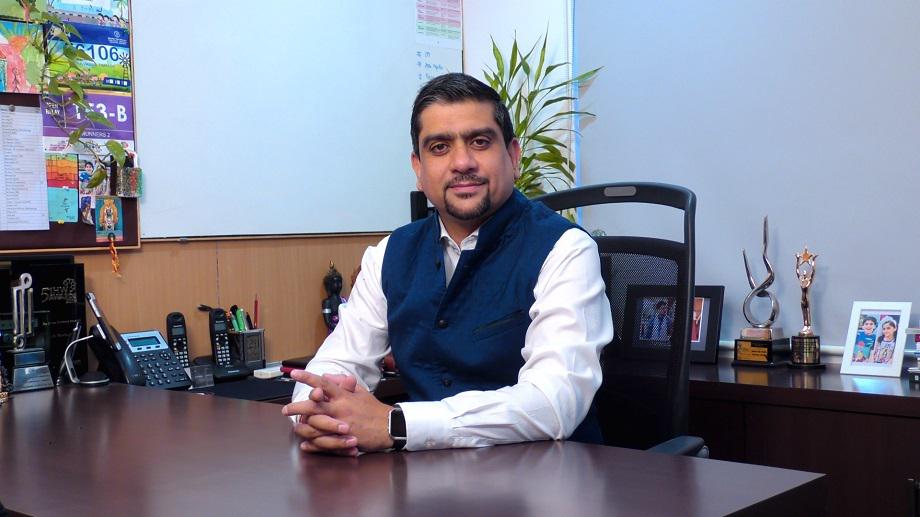
Thaploo: increase in tele-consults
“Going forward, we expect about 20 per cent of our outpatient services to be converted to tele-consultations,” Dr Bajaj says. A similar view came from Dr Sireesha: “But going forward, we would like more people to switch to virtual consultation, public should be educated and made aware that this is the way forward.”
Aggregators’ advice
Then there is another category of participants – the aggregators like Onco.com, Redcliffe and Lybrate. While Lybrate and Onco.com do not own or operate any hospitals and there are no doctors on their payrolls, Redcliffe has a sort of hybrid model. The first two operate much the same way as Swiggy and Zomato, which do not own any restaurants but accept orders that are then fulfilled through affiliated eating houses.
Thus Onco.com is an online cancer platform offering cutting edge treatment advice and care management to cancer patients in 18 countries. Through its network of over 1,500 oncologists, more than 500 hospitals and labs, Onco allows cancer patients to get personalised advice and embark on their treatment journey with more confidence. The company also organises what is known as a Tumor Board, in which various cancer specialists can discuss a particular case of cancer and determine the best course of treatment for the patient. This works very well for the patient because there are cancer surgeons, medical therapy experts and radiation oncologists who have their different approaches to tackling the disease.
“More than geographical distances or travel bans, patients and caregivers seem most affected by the lack of information on what alternatives are available to them when their current treatment is delayed or put on hold. There is a lot of confusion and chaos during this time. I am happy that our team was able to provide the right guidance and help them get started on their treatment despite all odds,” explains Rashie Jain, CEO and co-founder, Onco.com.
Lybrate.com is also a pure aggregator which however got into the telemedicine game nearly six years ago. “Long before the Covid crisis began we had almost 100,000 doctors belonging to various specialties affiliated with us. Hence we were able to expand our services quickly when the lockdown came into effect,” says Saurabh Arora, Founder and CEO of Lybrate, adding that an additional 20,000 clinicians had joined the network since the restrictions were imposed.
-
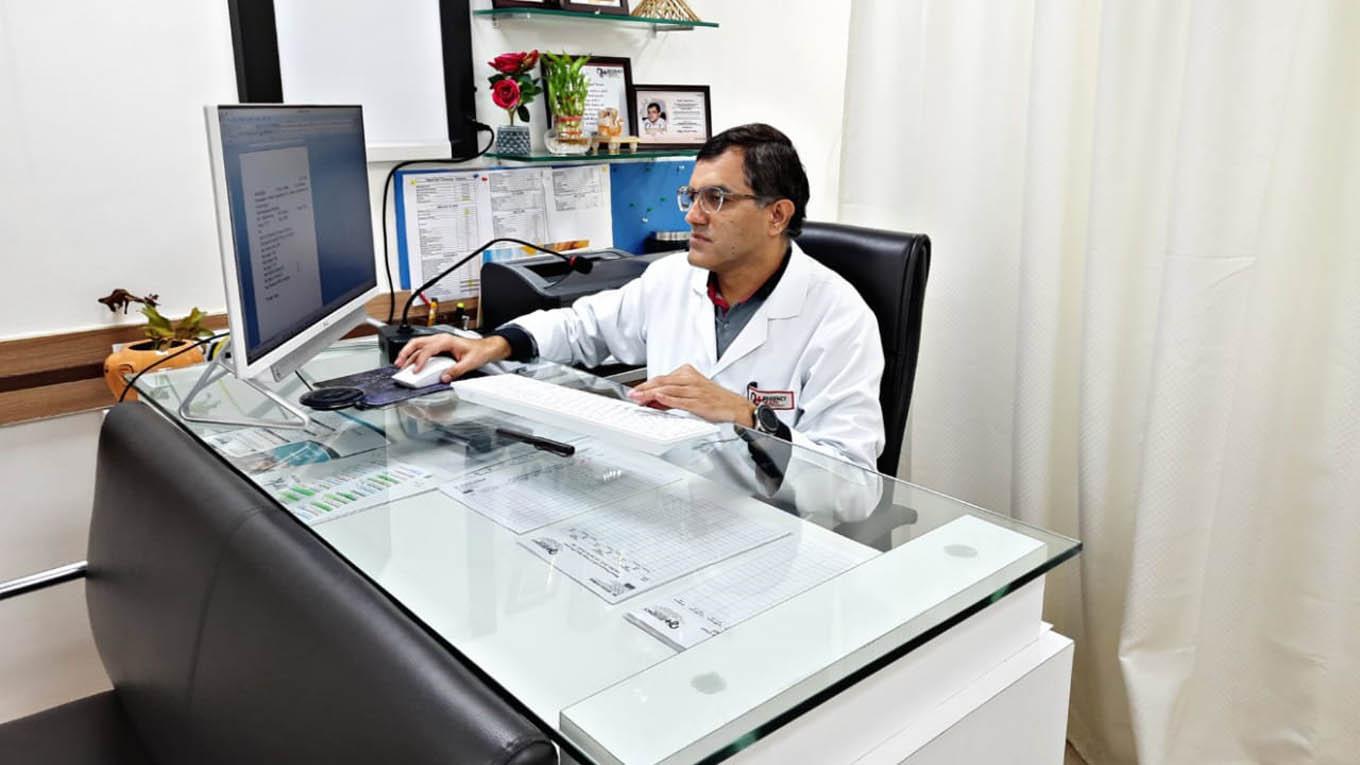
Dewan: face-to-face for first meeting
Redcliffe on the other hand provides a wide variety of services, both in the clinical and diagnostic segments. The company offers a variety of diagnostic and screening services, in addition to regular counselling and clinical data management. These tests include pre-conception and fertility tests, non-invasive prenatal (before birth) screening. It also has a state-of-the-art lab facility that covers all tests, network of hospitals, medical experts and genetic counsellors throughout India.
Some gadget manufacturers too have leapt onto the tele medicine bandwagon. An example is Omron, a prominent name in the field of blood pressure instruments and other equipment that doctors and patients can carry around with them. Omron Healthcare India has partnered with PhableCare, the artificial intelligence-enabled healthcare management player, to provide one-stop remote hypertension management services at home.
The platform aims to bring technology and healthcare together, enabling hypertensive patients to avail all kinds of services right from diagnosis to monitoring to treatment under one roof. It’s an amalgamation of doctors’ expertise, patients’ data, health devices and the power of artificial intelligence and machine learning onto a single platform.
In addition, tele-health services in this country will continue to be plagued by electronic network issues, poor Internet penetration outside the cities, and non-availability of suitable equipment such as computers and laptops. These will probably take considerable time to get corrected and until then, tele-health will likely grow at a snail’s pace, even as the healthcare ecosystem gets accustomed to a new way of doing their business.
